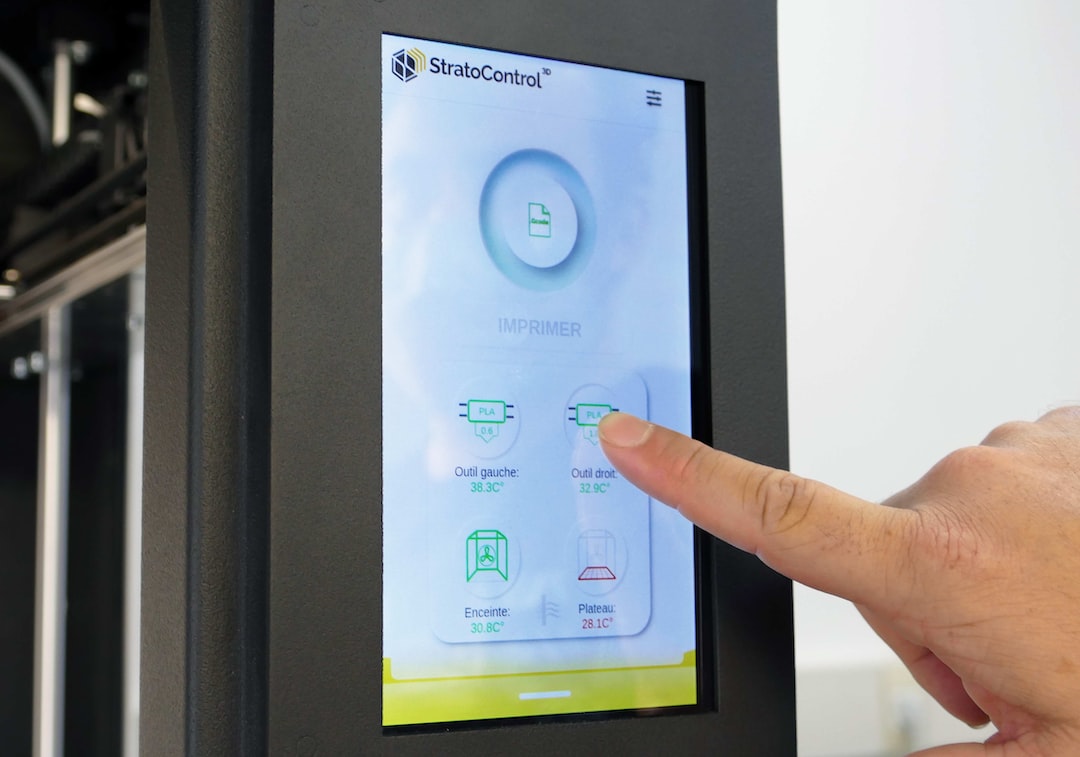The Future of Internet of Things: Smart Homes and Beyond
The Internet of Things (IoT) has already begun to transform the way we live and interact with technology. It is the network of connected devices that communicate and exchange data without human intervention. From smartphones and smartwatches to refrigerators and thermostats, IoT is making our lives more convenient and efficient. But what does the future hold for this technology? In this blog post, we will explore the future of IoT, specifically focusing on smart homes and beyond.
Smart Homes: A Glimpse into the Future
Smart homes are already becoming increasingly popular and are a prime example of how IoT is changing the way we live. In a smart home, devices such as lights, locks, and appliances are connected to the internet, enabling users to control them remotely through their smartphones or voice commands. Imagine adjusting the temperature, turning on the lights, or starting your coffee maker before you even step foot in your house. The convenience and efficiency provided by smart homes are just the beginning.
In the near future, smart homes will become even more advanced and intuitive. Imagine a home that learns your preferences and adapts accordingly. For example, your smart home will automatically adjust the lighting and temperature to create the perfect ambiance when you return from work. It may even detect your mood and play your favorite music to help you relax after a long day.
Moreover, the integration of AI (Artificial Intelligence) with IoT will further enhance the capabilities of smart homes. AI-powered virtual assistants, such as Amazon’s Alexa or Apple’s Siri, will become more intelligent, allowing for more complex interactions and personalized experiences. You will be able to have natural conversations with your virtual assistant and ask it to perform various tasks, such as ordering groceries, scheduling appointments, or even conducting research on your behalf.
Beyond Smart Homes: IoT’s Influence on Various Industries
While smart homes will continue to evolve, IoT’s impact will extend far beyond our living spaces. It is predicted that by 2025, there will be more than 75 billion connected devices worldwide, generating an enormous amount of data. This data has the potential to revolutionize several industries, including healthcare, transportation, and agriculture.
In healthcare, IoT devices will enable remote patient monitoring, allowing healthcare providers to keep a close eye on patients without them having to visit hospitals frequently. This will not only reduce healthcare costs but also improve patient outcomes. For example, IoT-enabled wearable devices can continuously monitor vital signs and alert doctors in case of any abnormalities, leading to early intervention and prevention of serious health issues.
In the transportation industry, IoT technology will play a crucial role in transforming the way we travel. Connected cars will communicate with each other and with traffic infrastructure to optimize traffic flow, reduce congestion, and enhance road safety. Moreover, IoT will enable autonomous vehicles, revolutionizing the concept of transportation as we know it. Imagine a future where you can sit back and relax while your car drives you to your destination.
In agriculture, IoT devices will help farmers make data-driven decisions to maximize crop yields and minimize resource wastage. Connected sensors placed in fields can monitor soil moisture levels, weather conditions, and plant health, allowing farmers to take precise actions, such as irrigating at the right time or applying fertilizers when needed. This will not only increase productivity but also promote sustainable farming practices.
Challenges and Concerns
While the future of IoT looks promising, there are several challenges and concerns that need to be addressed. Security is one of the biggest concerns when it comes to IoT. As more devices become interconnected, the risk of cyberattacks and data breaches also increases. Manufacturers and developers must prioritize security measures to protect the privacy and safety of users.
Interoperability is another challenge that needs to be overcome. Currently, different IoT devices and platforms are often incompatible with each other, making it difficult for them to communicate effectively. Standardization efforts are essential to ensure seamless integration and interoperability among various IoT devices and systems.
In conclusion, the future of IoT holds immense potential, particularly in the areas of smart homes and beyond. Smart homes will become even more advanced and intuitive, offering personalized experiences and convenience. Furthermore, IoT’s impact will extend to industries such as healthcare, transportation, and agriculture, transforming the way we live and work. However, addressing security and interoperability challenges will be crucial for the widespread adoption and success of IoT in the future.

